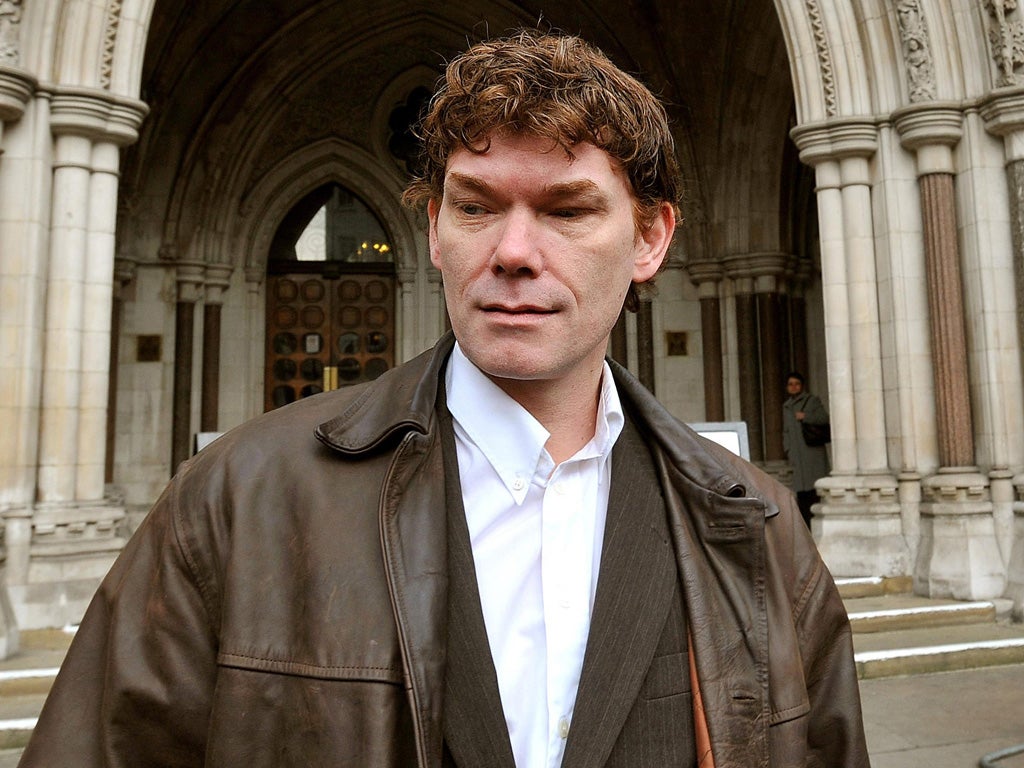Government must renegotiate 'unbalanced' extradition treaty

The government must renegotiate an "unbalanced" extradition treaty with the United States which a series of high-profile cases has shown does not protect the rights of Britons, a committee of MPs reports today.
Judges should be given the right to decide if some people should go on trial in the UK after hearing evidence that extradition to the US can be a “huge punishment” even if someone is acquitted. It warned that without changes a lack of public confidence in the treaty could translate to “wider disaffection.”
The report by the Home Affairs Select Committee contradicts a government-ordered independent review by the former High Court judge Sir Scott Baker that found last year that the 2003 treaty was fair and balanced.
However, the committee called for major changes to the treaty to deal with growing public unease including a test of some evidence against them, which is not currently in place.
“The treaty is unbalanced, making it easier to extradite a British citizen to the USA than vice versa,” said Keith Vaz, the chairman of the Home Affairs Select Committee, said. “Evidence to the committee has shown that the current arrangements do not protect the rights of British citizens. The Government must remedy this immediately.”
The report follows a series of cases including that of Gary McKinnon from north London, who is still waiting to hear whether he will be extradited over charges that he hacked into Nasa and Pentagon computers ten years ago. The decision has hinged on whether Mr McKinnon, 46, who has Asperger’s Syndrome, would be likely to commit suicide if he was sent abroad.
However an expert who had previously warned that Mr McKinnnon was a suicide risk said in a later report that he was mentally fit enough to be extradited, according to the reports seen by Channel 4 News. Theresa May, the Home Secretary, will have the final say on the extradition and is also considering the Baker report.
However concerns over the treaty have been sufficient for David Cameron to raise the issue with Barack Obama during his visit to the United States. While in opposition, Mr Cameron said there was a “clear argument” for him to be tried in a British court and called for the extradition agreement to be reviewed.
“Extradition is a huge punishment in itself, massive,” Mr McKinnon’s mother Janis Sharp told the committee.
Further concerns have been raised over the cases of Kent businessman Christopher Tappin, 65, who is being held in a New Mexico jail while awaiting trial on charges of dealing arms to Iran and of student Richard O’Dwyer, 23, from Chesterfield, who is fighting extradition to the US. He is accused of breaking copyright laws while using his computer in Britain.
The controversy is centred on the contested view that there is a lower bar for US prosecutors to cross, than UK authorities. The committee said that the treaty should be changed so that the same test applies for extradition for both countries.
Giving evidence to the committee, US ambassador Louis Sussman said that treaty was fair and the the US had never denied an extradition request, while the UK had done so seven times. “The constant use of skewed arguments and wilful distortion of the facts by some to advance their own agendas remains of great concern to the United States,” he said.
Fair Trials International, a human rights charity, backed the call for reforms but said the committee had missed an opportunity to highlight problems over extraditions to Europe. It said that ten people were extradited to the US in 2010 compared with 1,068 to Europe.
Jago Russell, the chief executive, said: “This report ignores the elephant in the room: the European Arrest Warrant, which has far fewer safeguards than the US treaty and affects one hundred times as many people in the UK every year.”
